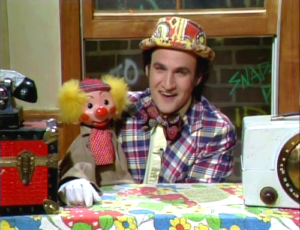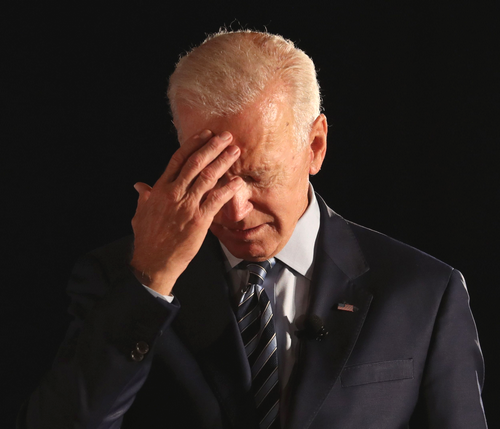

GalaxyTerpenes
In his waning days as president, Joe Biden recently commuted sentences for over 2,000 individuals convicted of nonviolent drug offenses. While this move makes him the most prolific user of clemency powers in U.S. history, it’s hard to ignore what he did not do. President Biden’s failure to fully pardon nonviolent drug offenders both cements and emphasizes his reluctance to confront the injustices of the War on Drugs—a campaign he helped shape decades ago.
A Legacy Built on Harsh Policies
In the 1980s and 1990s, Biden played a key role in crafting some of the toughest drug laws in U.S. history. As a senator, he championed the Anti-Drug Abuse Act of 1986, which established mandatory minimum sentences and created the infamous 100-to-1 disparity between crack and powder cocaine penalties. This policy devastated predominantly black communities, fueling mass incarceration and perpetuating systemic inequality.
Now, decades later, Biden’s clemency actions aimed to address these “historic wrongs.” His recent commutations focused on outdated sentencing enhancements and disparities between crack and powder cocaine offenses. While these steps lean positive, they stop far short of providing full justice. Pardoning nonviolent drug offenders outright would not only have corrected past injustices, but also would’ve sent a powerful message about dismantling the War on Drugs.
Clemency Without Courage
Biden’s hesitation becomes even more glaring when compared to legislative progress. The Fair Sentencing Act of 2010, signed during his vice presidency, reduced penalties for crack cocaine. The First Step Act of 2018 retroactively applied these reductions, giving many incarcerated individuals a second chance. Yet Biden’s clemency record doesn’t fully align with these reforms. Commutations may shorten sentences, but they leave convictions intact, forcing individuals to live with the stigma of a criminal record.
Critics also point to Biden’s controversial full pardon of his son, Hunter Biden, as evidence of selective justice. While his personal clemency decisions may spark debate, the broader issue remains: Why didn’t Biden use his full authority to pardon all nonviolent drug offenders?
The Bottom Line
Biden’s commutations were a tiny step in the right direction, but they fall short of real justice. The president had the power to undo the damage caused by draconian laws he once supported. Similar to his administration’s medical and recreational drug legislative policies, he waivered and ultimately failed. Those harmed by the War on Drugs deserve more than partial relief; they deserve full respect and vindication.



